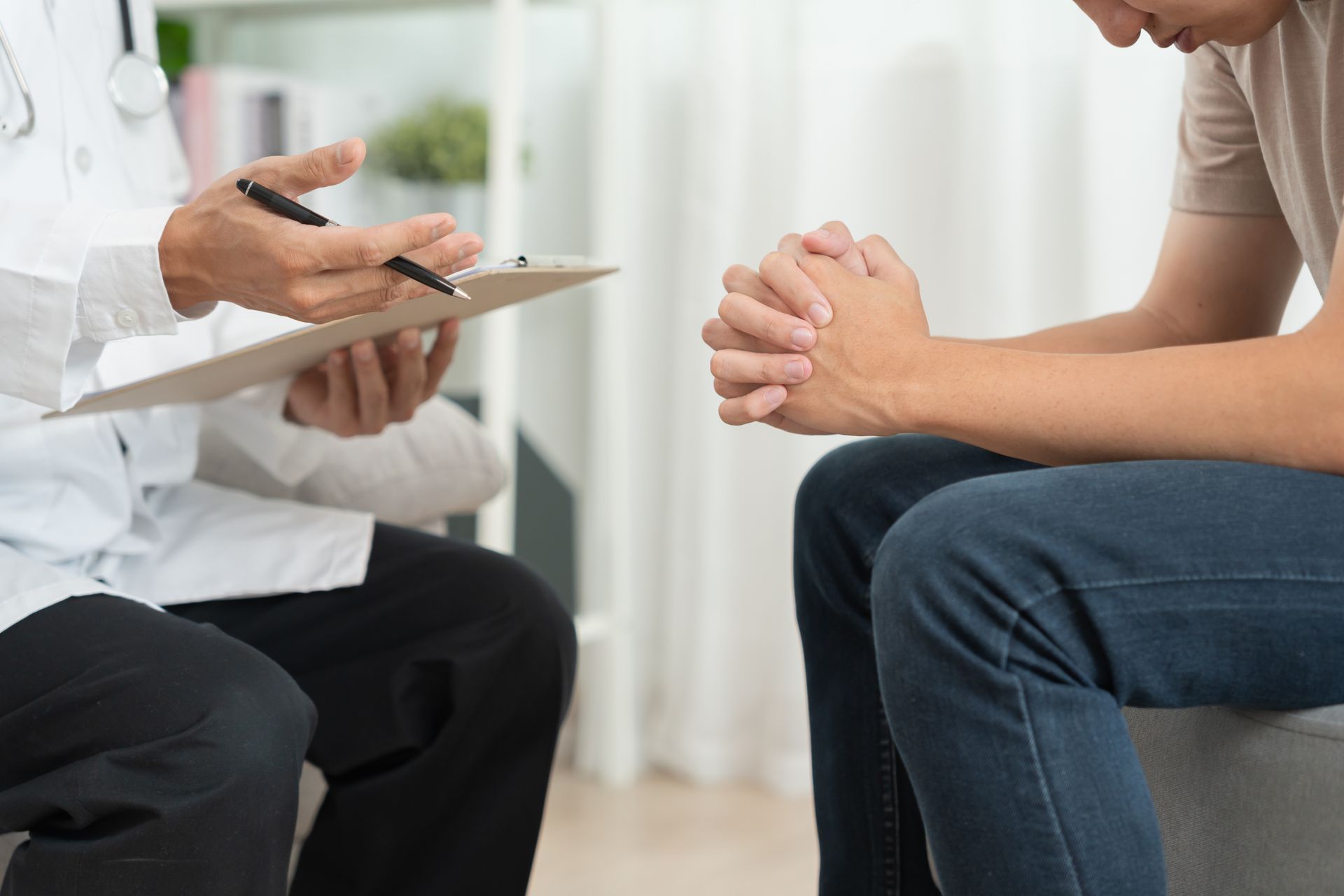Understanding The Adolescent Mental Health Crisis: What We Can Do To Help

Mental health challenges in adolescence are more common than ever before. From rising levels of depression and anxiety to self-harm and other destructive behaviors, the mental health of young people is facing an unprecedented crisis. In this article, we'll explore what's causing this crisis, what solutions are available, and how we can all play a part in supporting our adolescents' mental health.
The adolescent years are a critical time of transition, when young people face a unique set of challenges–physical, social and emotional. The normal hormonal changes associated with puberty can cause a range of negative emotions, such as anxiety and depression. This can be exacerbated by the pressures they may face at school or in their home life. Additionally, the digital age has introduced unprecedented levels of stress and distraction, which can contribute to mental health issues.
The good news is that there are solutions available for adolescents who are struggling with their mental health. Mental health professionals can provide support and treatment for those who need it. Parents and caregivers can play an important role in helping young people to manage their emotions and cope with difficult situations. Schools can also provide resources and programs to help students develop resilience and coping strategies. Finally, communities must come together to ensure that adolescents have proper access to mental health services.
By understanding the causes of this crisis and taking appropriate steps, we can help our youth stay mentally healthy during these challenging years. With the right support, they will be better able to make positive choices and achieve their full potential.
- Why The Higher Rates, Stats, and Risk Factors
- Warning Signs: What to Look For
- Treatments: See a Provider
- Final Thoughts
Why the Higher Rates, Stats, and Risk Factors
The adolescent years are a critical time for mental health. The brain is still developing and growing during this time, making adolescents more susceptible to mental health issues. In addition, social and environmental factors can impact mental health during this time.
Adolescents have the highest rates of mental illness of any age group. One in five adolescents has a mental illness, and half of all lifetime cases of mental illness begin by age 14. Mental illnesses are the leading cause of disability for adolescents.
There are several risk factors for mental illness in adolescence. These include genetics, family history, trauma, substance abuse, stress, and bullying. Adolescents who have multiple risk factors are more likely to develop a mental illness.
Treating mental illness in adolescence is important because it can prevent problems later in life. Adolescents who receive treatment are less likely to experience problems with school, work, relationships, and substance abuse. They are also more likely to live productive and fulfilling lives.
Warning Signs: What to Look For.
As children move into adolescence, it is normal for them to experience some changes in mood and behavior. However, there are some warning signs that may indicate a more serious problem. If your child is experiencing any of the following, it is important to seek help from a mental health professional:
- Prolonged sadness or irritability
- Withdrawing from friends and activities
- Sudden changes in eating or sleeping habits
- Excessive worry or fearfulness
- Intense anger or violence
- Drug or alcohol abuse
- Repeated thoughts of death or suicide
- Healing cuts and lacerations on arms and thighs from self-mutilation.
Treatments: See a Provider
There is no one-size-fits-all approach to treating adolescent mental health issues. The most important step is to seek professional help from a mental health provider who can assess the situation and develop a treatment plan.
There are a variety of effective treatments for adolescent mental health issues, including Cognitive Behavioral Therapy (CBT), medication, and support groups. CBT is a type of therapy that helps people to change negative thinking patterns and behaviors. You can start by finding a provider in the Virtual Psychiatric Care space. Medication can be an effective treatment for some teens with mental health issues, especially when used in conjunction with therapy. Support groups provide a safe space for teens to share their experiences and connect with others who understand what they are going through.
It is important to find a treatment that works for you or your child. If one approach doesn’t seem to be helping, don’t give up – there are other options available. It may take some trial and error to find the right combination of treatments, but it is worth it to get the help you or your child need.
Final Thoughts
As our kids head back to school this year, it’s more important than ever that we pay attention to their mental health. The adolescent years are a time of great change and stress, and it’s not uncommon for teens to experience anxiety, depression, and other mental health issues.
If you’re concerned about your child’s mental health, don’t hesitate to reach out to their doctor or a mental health professional. There are also many helpful resources available online and through local organizations.
Most importantly, keep the lines of communication open with your kids. Let them know that you’re there for them and that they can come to you with anything. By working together, we can help our kids navigate this challenging time in their lives.











